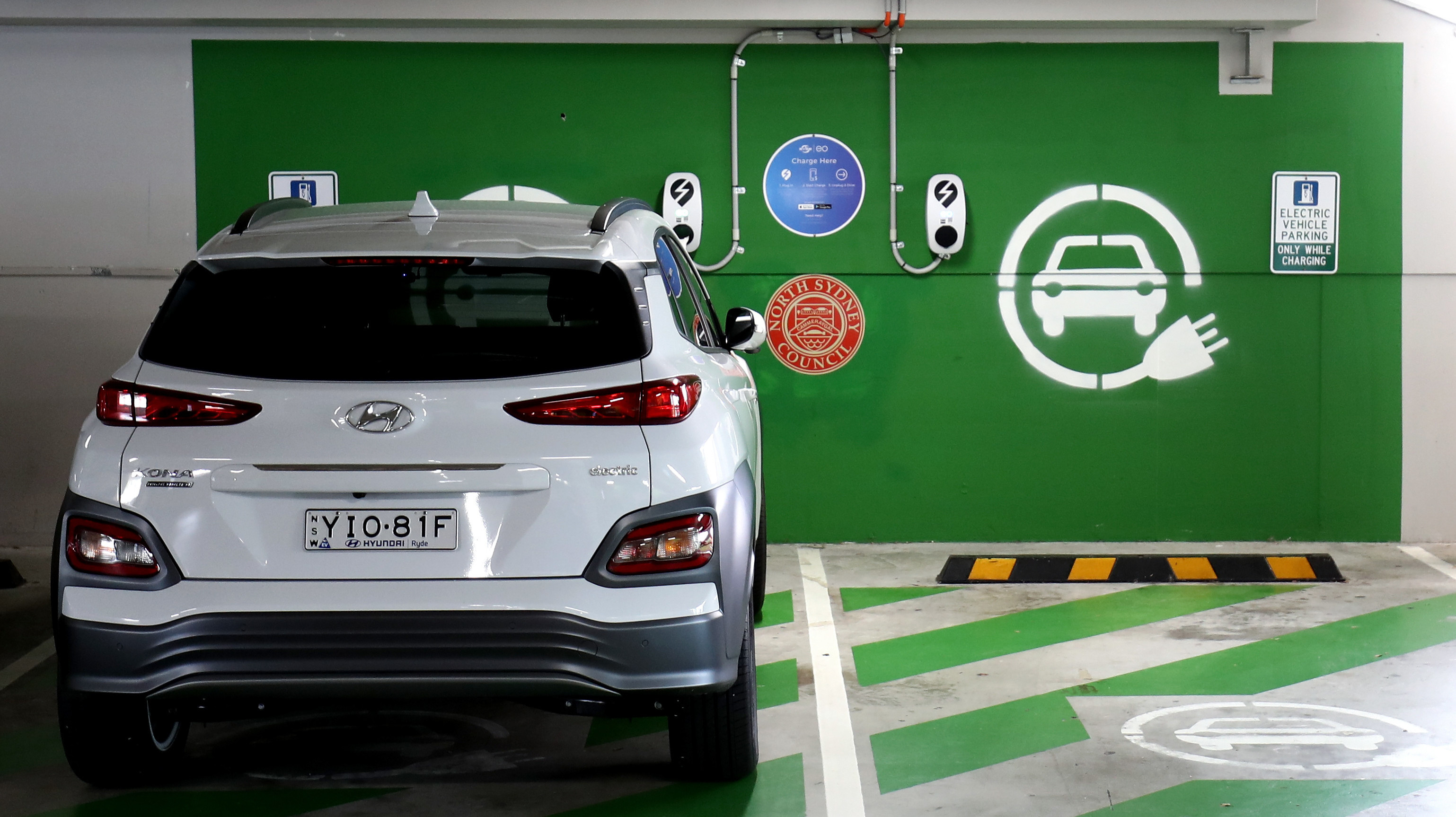Hyundai's Kona EV Recall Is One Of The Most Expensive In History
Some of Hyundai's electric vehicles have had a pesky problem: they can light on fire. So far, there have been only been 15 reports of fires, but the risk is too great for Hyundai to ignore the problem. And its global recall of 82,000 vehicles is one of the most expensive recalls in history.
The recall will cost a total of 1 trillion Korean won, or $900 million, CNN reports. That makes for an average cost of $11,000 per car, which is practically unheard of. Many automakers don't disclose the exact cost of their recalls, so it can be tough to compare exact figures, but the nature of Hyundai's recall is part of what makes it so expensive.
The issue lies in the battery, and battery replacements on EVs aren't cheap. It's the equivalent of replacing the entire combustion engine on an ICE car, which pretty much never happens. We've had decades to perfect the art of combustion, and most engine faults can be pegged on smaller, specific components—not the whole damn thing.
But EV batteries don't have that luxury, and the cost of the battery itself is still incredibly high. So, even though there are fewer components to an EV, it's still much more expensive to build one than a combustion engine. That probably won't change any time in the very near future.
Of the 15 fires that took place, all happened in a Hyundai Kona EV (or the equivalent model in different countries), but none happened in the United States' 6,700 cars. But a defect in the LG battery cell could cause it to short-circuit, so the company can't really take any chances.
LG battery faults were also the reason GM was forced to recall the Chevy Bolt, although those batteries are different from the ones on the Hyundai Kona. In the case of the Bolt, the battery didn't need a complete replacement and can likely be fixed via a software upgrade. Hyundai didn't get so lucky.
